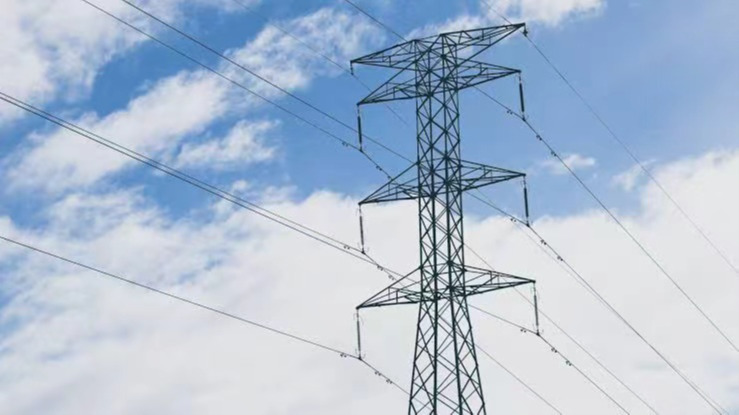
The government of Mongolia has officially launched a comprehensive energy reform aimed at achieving greater energy independence and sustainability. This initiative comes in response to the country’s reliance on imported energy, which currently accounts for 22 to 23 percent of total consumption at prices higher than those of neighboring countries. However, this initiative has sparked public outrage due to the planned increase in energy prices, which many citizens fear will further burden their households and businesses.
The Energy Regulatory Commission (ERC) has conducted extensive research on electricity and heat pricing, presenting potential reforms during a briefing led by the commission’s Head E.Tuvshinchuluun on October 29. He outlined that the new pricing structure will consider the unique circumstances of Ulaanbaatar city, rural areas and various enterprises separately. He emphasized that the version presented is based on preliminary calculations and details of the final pricing reforms will be closely monitored, as they will significantly impact both consumers and businesses in Mongolia. ERC will announce its decisions regarding price and tariff increases on November 4.
Historically, energy tariffs in Mongolia have undergone 12 changes since the establishment of ERC in 2002. The last significant increase occurred in 2022, amidst the economic difficulties posed by the COVID-19 pandemic. While the household tariff remained unchanged during that period, enterprise rates were adjusted: a 14 percent increase for those consuming up to 5,000 kWh, a 28 percent rise for those exceeding that threshold, and a 38 percent hike for the mining sector.
Currently, the commission is looking to gradually increase tariffs without a consumption threshold for enterprises, aiming to bring energy prices in line with production costs. E.Tuvshinchuluun stated, “Our main goal is to align energy prices with production costs. We have not calculated any profit in this scenario.”
During a press briefing, Deputy Prime Minister and Chairman of the Parliamentary Subcommittee on Energy Sector Investments, Tariff Reforms and Mega Projects T.Dorjkhand emphasized the need for reform, stating, “There is insufficient energy to support the construction of factories and subways. Our goal is to provide 100 percent of our energy domestically, while still allowing for imports when necessary.” Despite the government’s intentions, the announcement of impending price hikes has led to widespread criticism.
The energy sector, which has been operational for 101 years, has faced significant challenges, including a consistent increase in demand and the need for additional capacity. Minister of Energy B.Choijilsuren pointed out that electricity consumption per capita in Mongolia is currently about half that of its neighbors. The introduction of new infrastructure, such as the Thermal Power Plant No. 2, is deemed critical for meeting future energy needs.
“The last price increase occurred in 2022, following the pandemic,” B.Choijilsuren explained. “Currently, electricity is produced at 285 MNT but supplied at just 216 MNT. This discrepancy has created financial and technical challenges in the industry.”
The government plans to bring energy prices closer to production costs, establishing a more transparent framework for energy companies. As part of this transparency initiative, energy firms will be required to operate as open joint-stock companies, subject to public scrutiny.
In addition, discussions are underway with Russia to develop a new source of 300 megawatts of electricity and 360 megawatts of heat at the Thermal Power Plant No. 3 facility. However, the high costs of this project remain a concern.
Deputy Prime Minister T.Dorjkhand stressed the importance of uniting across political lines to support this necessary reform. “Energy reform is not just about increasing electricity tariffs. It is a critical step toward reducing our dependence on imports and ensuring a stable energy supply for future development,” he said.